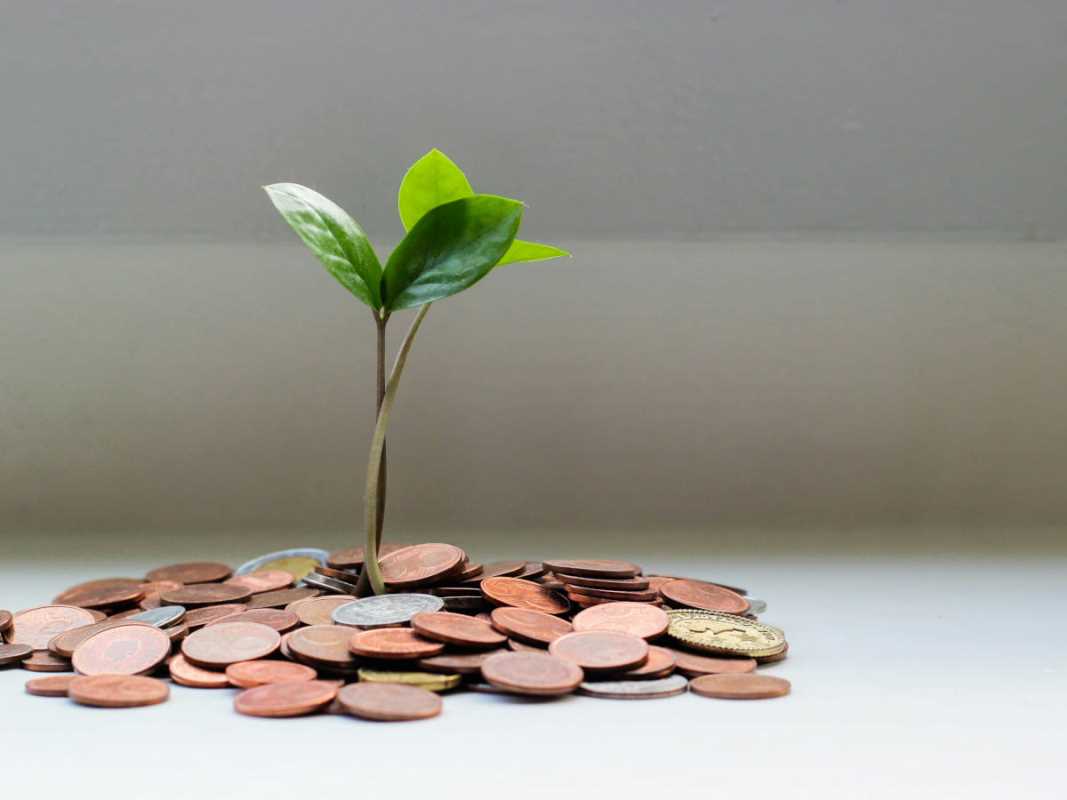Problem-solving is one of life’s most essential skills. Whether navigating workplace challenges, untangling a tough personal situation, or brainstorming creative solutions, your ability to approach problems with clarity and confidence can shape your life. The good news? Problem-solving is a skill that can be learned, strengthened, and transformed. For those who love personal development and value moments of reflection and relaxation, discovering tools for better problem-solving feels like unlocking a superpower. Books are one of the best tools for personal growth. They offer us wisdom, frameworks, and actionable insights to refine our thinking and easily overcome obstacles. This is a curated list of must-read books that will take your problem-solving abilities to the next level. Each offers unique lessons and techniques to help you approach challenges with a sharper, more adaptable mindset.
Why Problem-Solving Skills Matter
Problem-solving isn’t about having all the answers. Instead, it’s about knowing how to approach issues thoughtfully and systematically. It’s the ability to break down complex situations into manageable pieces and design workable solutions. Strong problem-solving skills improve your decision-making, creative thinking, and resilience in adversity.
Plus, the benefits go far beyond work or school. They spill into your personal life, helping you build healthier relationships, make better life choices, and cultivate a sense of calm when life feels chaotic. Being a great problem-solver empowers you to turn obstacles into opportunities, setting you apart in this fast-paced world.
Now, without further ado, here’s your roadmap to becoming a problem-solving pro with some truly game-changing reads.
1. Thinking, Fast and Slow by Daniel Kahneman
This classic by Nobel Prize-winning psychologist Daniel Kahneman explores the two systems of thinking that shape our decisions. System 1 is fast, intuitive, and emotional, while System 2 is slow, deliberate, and logical. Kahneman explains how these systems interact and how they influence our problem-solving strategies.
- Key Takeaway: Understanding when to rely on intuition and when to lean into deliberate, logical thinking can massively improve your decision-making and problem-solving. This book is a must-read for learning how to stay mindful of mental shortcuts that might lead you astray.
2. The Art of Thinking Clearly by Rolf Dobelli
This book is fresh air if you’ve ever struggled to pinpoint what’s clouding your judgment. Rolf Dobelli outlines common cognitive biases that distort our thinking and offers practical advice to think more rationally.
- Key Takeaway: Awareness is your most powerful tool. By identifying and sidestepping biases like the confirmation bias, sunk cost fallacy, or overconfidence effect, you'll make clearer and more objective choices.
3. Atomic Habits by James Clear
At first glance, this book might seem more about building habits than solving problems. But when you think about it, many life challenges boil down to unproductive habits or patterns. James Clear offers a simple yet powerful way to transform small, consistent actions into significant, long-term changes.
- Key Takeaway: Problem-solving often starts with breaking down big challenges into smaller, actionable steps. Clear’s approach helps you create systems that chip away at problems while maintaining focus and motivation.
4. Range by David Epstein
Specialized knowledge can be valuable, but having a broad perspective often makes us better problem-solvers. David Epstein explains why cultivating “range” – a wide array of knowledge and skills – gives people an edge in creative and complex problem-solving scenarios.
- Key Takeaway: Creative solutions often come from unexpected places. Expanding your interests and learning from diverse fields can spark insightful connections when tackling challenges.
5. The Obstacle Is the Way by Ryan Holiday
Drawing on ancient Stoic philosophy, Ryan Holiday reframes setbacks and challenges as opportunities for growth. It teaches you to view obstacles not as roadblocks but as the way forward, channeling adversity into resilience and momentum.
- Key Takeaway: By shifting your mindset, you unlock the power to find calm amidst chaos and turn even the hardest challenges into stepping stones toward your goals.
6. Solve for Happy by Mo Gawdat
Written by a former Google executive, this book offers a deeply personal and analytical approach to finding solutions for life’s greatest problem – unhappiness. Gawdat’s “happiness equation” demonstrates how logical problem-solving principles can apply to emotional struggles.
- Key Takeaway: A balanced life requires solving external and internal problems. Gawdat’s book equips you with mental tools to tackle dissatisfaction and boost emotional resilience.
7. Mindset by Carol S. Dweck
How you think about your problem-solving abilities can be more important than the challenges themselves. Carol Dweck’s groundbreaking work on the “growth mindset” shows how believing in your ability to learn and grow impacts your success.
- Key Takeaway: Adopt a growth mindset to stay open to solutions, persist in the face of failure, and approach every challenge as an opportunity to improve.
8. Black Box Thinking by Matthew Syed
Failure is a natural part of solving problems, but how you respond to failure makes all the difference. Matthew Syed demonstrates how analyzing mistakes, like aviation professionals do through “black box thinking,” leads to continuous improvement.
- Key Takeaway: Instead of fearing mistakes, treat them as learning opportunities. Leaning into failure with curiosity improves your problem-solving skills over time.
Books only create change when you act on what you learn. Dedicate time each week to reading, and as you turn the pages, think about how the ideas apply to your own challenges. Take notes, try out strategies, and reflect on their impact. Over time, the lessons you absorb from these books will become habits, shaping how you approach problems big and small.







